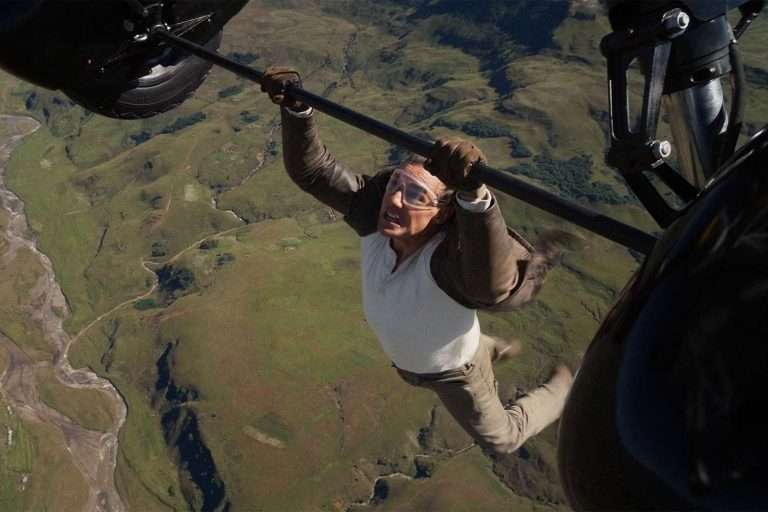Tereza Nvotová’s Venice-bound “Father” (“Otec,” 2025) doesn’t offer any easy answers for the moral dilemma at the core of its narrative. The film centres around a man whose memory lapse leads to a harrowing, irreversible tragedy. It affects his personal and professional life to the point of no turning back. Director Nvotová, who also wrote the script with Dusan Budzak, doesn’t paint any of the characters as villains, even the ones who are the easiest to blame, considering the situation at hand. Instead, she probes into the character’s emotional turmoil to reveal what it must feel like to live and breathe as someone who may never be able to escape being scrutinized or antagonized.
It’s a drama about choices and consequences, but it’s just as much of an inward portrait of its characters, irrespective of their flaws or mistakes. That doesn’t mean Nvotová tries to justify the man’s behavior through some pseudo-analyses that cancel out his flaws — nor does she flip the tables to turn him into a hero. Instead of resorting to any simplistic or obvious judgments or narrative directions, she compels us to consider his point of view, no matter how challenging it may seem. It isn’t easy to sympathize with this man, whose actions are quite reprehensible, because he is supposed to be a reliable and responsible figure who can’t afford a mishap.
The film also explores his morality through court proceedings, which are similar to the ones in Justine Triet’s “Anatomy of a Fall.” In those trials, you don’t receive a verdict solely based on the nature of actions or the available evidence. Those proceedings are just as much about one’s moral character, leading to a thorough investigation into their past. It’s not about whether they committed the crime or not, but whether they are capable of committing such a crime, wittingly or unwittingly. It allows the film to offer a comprehensive understanding of the person rather than what the public court may lead one to believe. The approach may have its demerits in the real world, but it becomes a compelling scripting tool for analyzing the moral dilemma at the heart of the film.
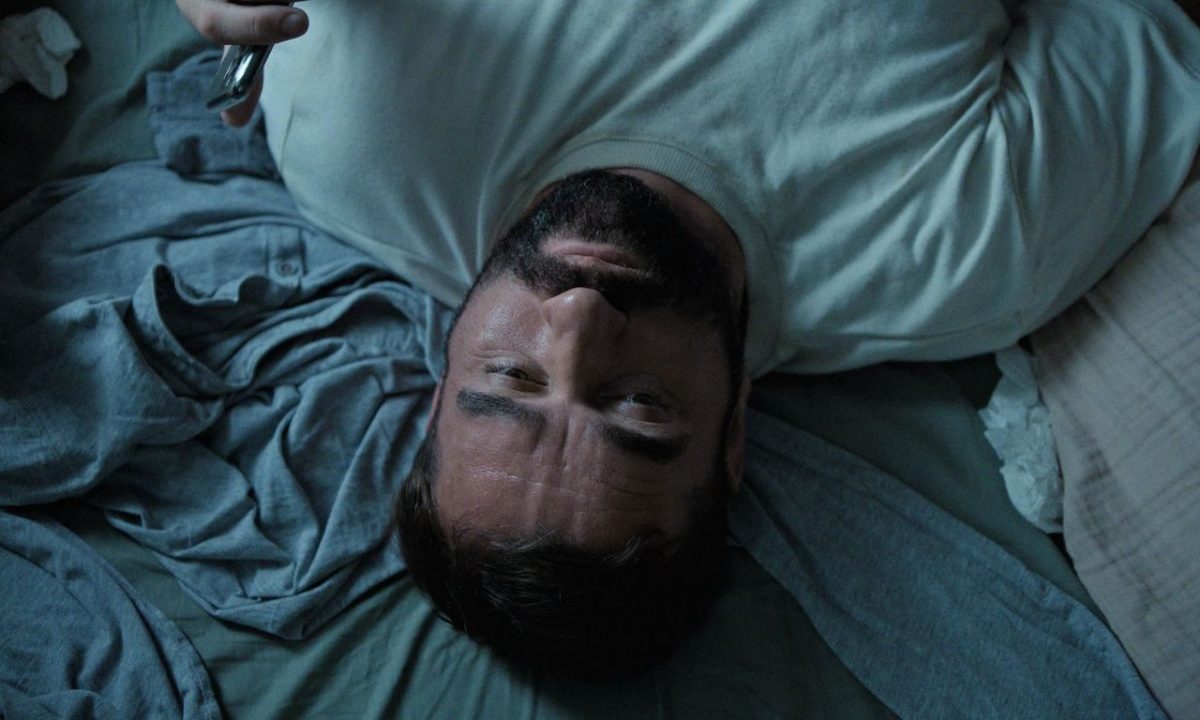
Nvotová uses these scripting devices to explore its quandaries and presents them with a style that feels simultaneously grounded and operative. She uses the camera freely, as it swerves around the rooms in ways that could have felt like it’s simply trying to draw attention to itself rather than what it is supposed to represent. In this case, it doesn’t feel like a distraction but a way to immerse us in the character’s emotional state, whether it’s their sense of disorientation, disillusionment, or distrust. With Adam Suzin’s cinematography, the film plunges deeper into this interiority. So, even in moments when actors are not on screen to emote what’s supposed to be, the camera puts you in their headspace, or pulls you back to heighten its dramatic intensity.
Suzin and Nvotová also include some deliberately long scenes, which, whether through hidden cuts or not, offer you a subjective lens into this drama that could have easily been an objective analysis of morality at large. There’s often a risk with such swift movements to seem gimmicky, but Nvotová backs it up with a rich subtext, letting it be anything but shallow. Then, there are moments where the camera barely moves around. Instead, it hovers over characters to observe how they process the gradual change in their lives, as they experience every potential shade of shame, guilt, or betrayal. Despite its tonal shifts, the film strikes a balance, transitioning into those grounded moments.
Milan Ondrík and Dominika Moravkova allow those finer moments to shine while playing the Father (Michal) and the Mother (Zuzka) caught in a debilitating crisis. The script analyzes their relationship as parents as well as a couple, trying to move past a tragedy. So, it’s not only about them growing apart but also about experiencing a push-and-pull while processing the fate of their marriage. Ondrík and Moravkova bring out all the nuances in Michal and Zuzka’s journey, while rarely hitting a false note, letting even the grounded moments feel visceral. Their performances hit the hardest when the couple is vulnerable, hoping to make peace with themselves or each other.
Ondrík does some heavy-lifting in the film’s layered moments when Michal has to contend with the balance between the personal and the professional, trying to justify his actions while being responsible for the fate of more than himself. Nvotová distills his and Moravkova’s earnest performances to build a sense of paranoia, or churn out some fleeting moments of joy that could have failed, if not for their mutual commitment to the material. So, even if the film doesn’t have any rapid cuts or fast-paced scenarios, she makes it all seem quite kinetic, shifting between these dramatic intensities, without losing its brooding nature.



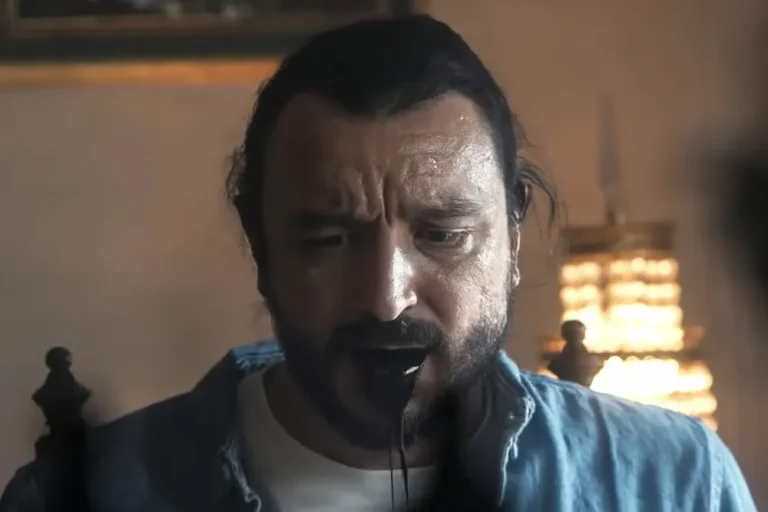
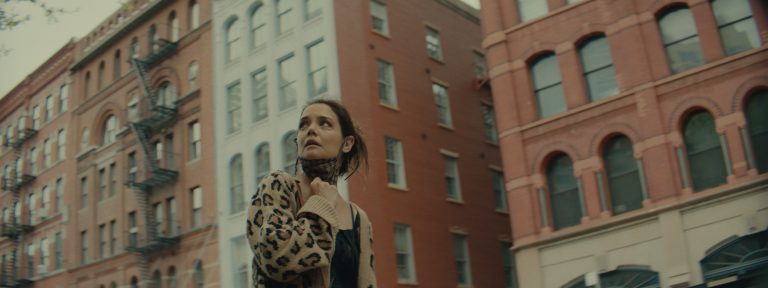
![To Leslie [2022]: ‘SXSW’ Review – An excellent Andrea Riseborough performance propels this familiar redemption story](https://79468c92.delivery.rocketcdn.me/wp-content/uploads/2022/03/To-Leslie-1-768x432.jpg)
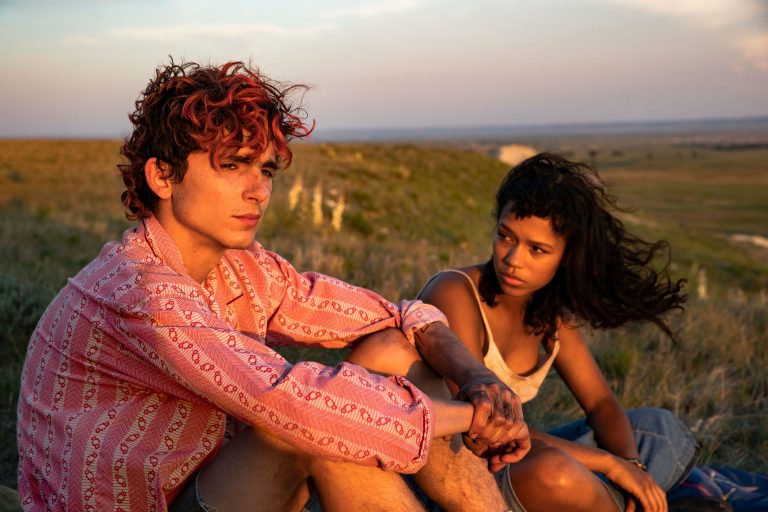
![Our Hospitality [1923] Review – Evoking Poetic Rhythm & Artistry within Slap-Stick Tradition](https://79468c92.delivery.rocketcdn.me/wp-content/uploads/2020/03/Our-Hospitality-1923-768x432.jpeg)
